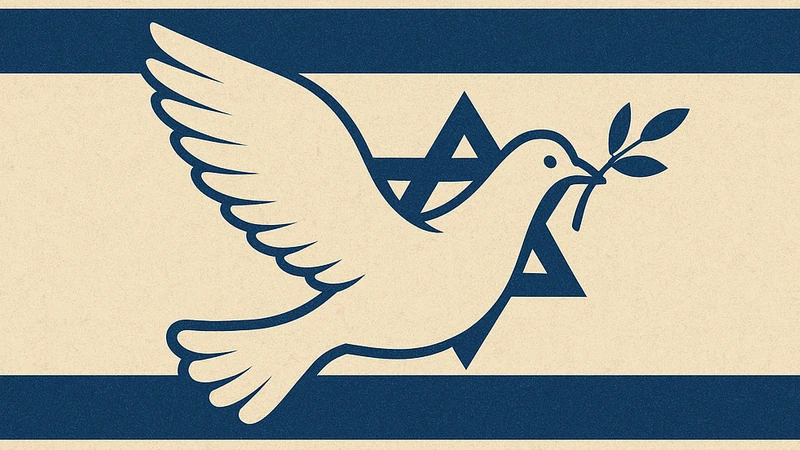US Vice President JD Vance stood in southern Israel this week, speaking of peace. Behind him, maps of Gaza covered the walls of a new Civil-Military Coordination Center—part of President Trump’s twenty-point plan to stabilize the region after two years of war. The Center hums with activity, filled with Americans, Israelis, and allies from Europe and the Gulf. Yet as David Horovitz observes in The Times of Israel, it is not in Gaza. It is still on the Israeli side of the line.
That small detail tells a larger story. Hamas is already tightening its grip again inside the Strip, enforcing its will through executions and fear. Israel, for its part, has pulled back while refusing to allow the Palestinian Authority to step in, and no other nation is volunteering to send troops. Meanwhile, Washington’s envoys—Vance, Jared Kushner, Steve Witkoff, and Secretary of State Marco Rubio—speak with confidence that a new chapter is beginning.
Horovitz notes that few believed Trump could bring home all twenty living hostages, yet he did. The world watched Hamas surrender its most powerful leverage. For many Israelis, that success bought a moment of relief. For others, it proved only how fragile the line between peace and peril still is.
Peace is never simply written on paper. It is practiced in the hearts of men, or it breaks apart. Hamas’s charter still calls for Israel’s destruction; Israel’s Declaration of Independence still extends a hand of peace. One document denies existence. The other seeks coexistence. Between them lies a chasm no cease-fire can bridge without truth.
From a Christian perspective, the contrast feels familiar. Scripture teaches that false peace can be worse than open conflict. Jeremiah warned, “They dress the wound of my people as though it were not serious. ‘Peace, peace,’ they say, when there is no peace.” (Jeremiah 6:14, NIV) True peace demands repentance, justice, and the courage to confront evil rather than manage it.
Still, every act of mercy matters. The hostages who came home are living proof that prayer and persistence can move what politics cannot. If God can rescue twenty souls from the tunnels of Gaza, He can also turn hearts of stone toward something better than revenge.
Our call is to pray that leaders will not mistake quiet for peace, nor optimism for endurance. Pray that Israel’s strength will be matched by wisdom, that America’s influence will be tempered by humility, and that the families of Gaza will someday choose life over hate.
Jesus said, “Blessed are the peacemakers, for they will be called children of God.” (Matthew 5:9, NIV) Peacemaking is holy work, not because it is easy but because it reaches into places that seem beyond redemption.
The work ahead in Gaza is humanly impossible. But so was the release of twenty hostages.
Read the full opinion by David Horovitz at The Times of Israel:
Today’s Prayer
Lord, You are the Prince of Peace. We pray for lasting security for Israel and true freedom for every innocent life in Gaza. Grant courage to those who lead, compassion to those who suffer, and wisdom to all who seek a peace that endures. In Jesus’ name, amen.



